Code of Ethics
Appendix A to TRB Terms and Conditions
Purpose
The Code of Ethics sets the behavioural, professional, and safeguarding standards expected of all TRB members and accredited organisations. It applies equally across all membership tiers and forms part of the legally binding agreement between members and TRB
Core Principles
All members must demonstrate:
Survivor‑Centred Practice – Prioritising the safety, dignity, and autonomy of those affected by trauma in all professional activities
Integrity – Acting honestly, transparently, and in a way that upholds public trust in trauma‑informed practice
Competence – Maintaining professional skills through continuous learning, supervision, and adherence to best practice
Safeguarding – Taking proactive steps to prevent harm and protect vulnerable individuals
Confidentiality – Respecting privacy and managing information securely in compliance with applicable law
Accountability – Accepting responsibility for actions, decisions, and their consequences
Professional Conduct
All TRB members must:
Provide services only within their competence, qualifications, and lawful scope
Accurately represent credentials, membership status, and TRB‑accredited roles
Treat all colleagues, clients, and stakeholders with respect and without discrimination
Avoid conflicts of interest and declare them promptly to TRB when relevant
Not misuse TRB membership or branding for personal gain or misrepresentation
Safeguarding and Risk Management
Remain vigilant to indicators of harm, abuse, or exploitation
Act in accordance with applicable safeguarding laws and TRB safeguarding protocols
Report safeguarding concerns promptly, following TRB’s reporting procedures
Take reasonable steps to ensure the physical and emotional safety of those in your care or influence
Confidentiality
Maintain strict confidentiality of all personal, sensitive, or case‑specific information gained through your role, except where disclosure is required by law or necessary to prevent harm
Store records securely and dispose of them in line with applicable regulations and TRB’s data protection policies
Never share or publish identifying information about a client, survivor, or participant without explicit, informed consent
Use of TRB Credentials
Only current members in good standing may use TRB titles, post‑nominals, or logos
All such use must be accurate, not misleading, and in line with TRB’s Branding and Credential Use Policy
Upon suspension, expiry, or termination of membership, all use of TRB identifiers must cease immediately
Compliance and Cooperation
Members agree to:
Comply with all TRB standards, policies, and procedures
Cooperate fully in any audit, investigation, or complaint process
Provide truthful, complete, and timely information when requested by TRB
Prohibited Conduct
The following behaviours are strictly prohibited and may result in immediate disciplinary action:
Harassment, exploitation, abuse, or discrimination of any kind
Fraudulent or deceptive practices
Breach of safeguarding duties
Misuse of confidential information
Conduct likely to bring TRB or the profession into disrepute
Breach of the Code
Breaches will be addressed through TRB’s Complaints, Investigations, and Disciplinary Process
Outcomes can include additional training, formal warnings, suspension, or permanent removal from TRB membership
Serious breaches may be referred to statutory authorities or professional regulators
Acknowledgement
By applying for or renewing membership, you confirm you have read, understood, and agree to comply with the TRB Code of Ethics
TRB may update this policy periodically. Changes will be posted on our website with a revised effective date.
Company Registration Number: 10951929
Website: https://thetraumaregulationboard.org
Updated: 05/10/2025
Join the TRB Mailing List
Receive trauma-informed insights, practitioner updates, and exclusive newsletters directly to your inbox

© 2025 Trauma Regulation Board - All Rights Reserved │ Privacy Policy │Terms & Conditions
